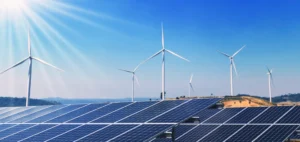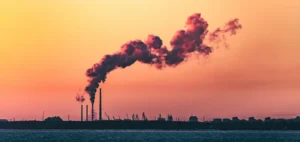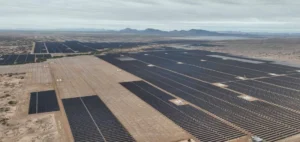The United States Environmental Protection Agency (EPA) is preparing a major revision of greenhouse gas (GHG) regulations that would remove current limits on emissions from coal- and natural gas-fired power plants. According to a statement provided to Reuters on May 24, the draft rule has been submitted to the White House for interagency review and could be published in June.
The Trump administration supports the initiative as part of a broader policy to redeploy national energy production capabilities. On the first day of his second term, the president signed several executive orders aimed at strengthening domestic energy production and reducing reliance on imports.
A regulatory shift in direction
Internal EPA documents reviewed by The New York Times indicate that the agency no longer considers emissions from U.S. thermal power plants to be a significant contributor to pollution or climate change. The draft notes that American power plants account for approximately 3% of global emissions in the electricity sector, down from 5.5% in 2005.
Agency Administrator Lee Zeldin stated that the proposal aims to uphold the rule of law while ensuring Americans maintain access to reliable and affordable energy. This policy shift is part of a series of actions to remove regulatory constraints on fossil fuel infrastructure and operations.
Impact on the grid and existing facilities
On May 24, Energy Secretary Chris Wright invoked the Federal Power Act to direct Consumers Energy to continue operating the J.H. Campbell coal-fired plant, located on the shores of Lake Michigan. The 1,560-megawatt facility had been scheduled for closure at the end of the month. The federal order requires the plant to remain operational for 90 days, through August 21.
Regulators in Michigan responded by stating that no energy emergency justifies such action. Katie Carey, spokesperson for Consumers Energy, said the company would comply with the directive while assessing its medium-term implications.
Energy priorities reaffirmed
The EPA argues that removing emissions caps will not compromise public health due to the relatively small share of global emissions attributed to U.S. power generation. The agency highlighted the reductions achieved over the past two decades and cited the need to ensure national energy security as justification for the new direction.
According to data from the Energy Information Administration (EIA), natural gas accounted for 43% of U.S. electricity generation in 2023, compared with 16% from coal. The proposed regulatory changes may sustain this energy mix in the short term while reinforcing the use of existing resources without new compliance requirements.






















